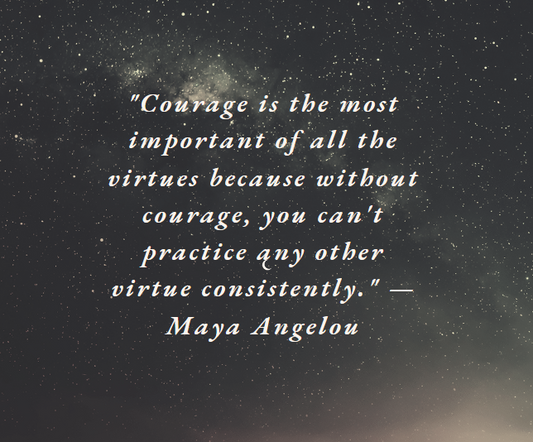Your Excuses Are Just the Lies Your Fears Have Sold You
The statement, "Your excuses are just the lies your fears have sold you," is a powerful reminder of how fear often masquerades as rationalizations and excuses. Excuses can be seen as convenient stories we tell ourselves to avoid confronting our fears and taking responsibility for our actions. Understanding this concept can be a transformative step toward overcoming self-imposed barriers and achieving our goals.
The Nature of Excuses
Excuses are often framed as valid reasons for not taking action or for failing to achieve a goal. They may sound reasonable and can sometimes be convincing, but at their core, they are often just elaborate justifications for inaction. Common excuses include lack of time, insufficient resources, or not feeling ready. While these reasons may have some basis in reality, they frequently serve as a cover for deeper fears and insecurities.
For example, someone might say, "I don't have enough time to work on my personal development," when the underlying issue is a fear of failure or inadequacy. The excuse provides a socially acceptable way to avoid the discomfort associated with confronting these deeper fears.
Fear as the Root of Excuses
Fear is a powerful and primal emotion that can deeply influence our behavior and decision-making. It often manifests in the form of excuses, which allow us to avoid facing uncomfortable truths. These fears can include:
-
Fear of Failure: The fear of not succeeding can be so paralyzing that we prefer to make excuses rather than attempt something and risk failure. The excuse "I’m not ready yet" is a common way to defer action while avoiding the risk of falling short.
-
Fear of Rejection: Worry about how others will perceive us or the possibility of being judged negatively can lead to excuses like "I don’t have the right connections." This fear prevents us from putting ourselves out there and pursuing opportunities.
-
Fear of the Unknown: Venturing into unfamiliar territory can be daunting. Excuses such as "It’s too complicated" or "I don’t know where to start" are often ways to avoid the uncertainty and discomfort of new experiences.
-
Fear of Success: Paradoxically, the fear of success can also generate excuses. The prospect of increased responsibilities or expectations might lead to excuses like "I don’t have the skills required," masking a deeper fear of handling greater challenges.
Confronting and Overcoming Excuses
To move beyond excuses, it is essential to address the fears that underpin them. Here are some strategies to help you confront and overcome these fears:
-
Self-Reflection: Take time to reflect on the excuses you make and consider the fears that might be driving them. Journaling or speaking with a mentor or therapist can help uncover the underlying causes of your excuses.
-
Challenge Your Beliefs: Question the validity of your excuses and evaluate whether they hold up under scrutiny. For example, if you believe you’re not ready for a challenge, examine the evidence for and against this belief.
-
Set Small, Achievable Goals: Break down larger tasks or goals into smaller, manageable steps. This approach can reduce the feeling of being overwhelmed and make it easier to overcome excuses.
-
Seek Support and Accountability: Share your goals and intentions with others who can offer encouragement and hold you accountable. External support can provide motivation and reduce the likelihood of making excuses.
-
Embrace Failure as Learning: Shift your perspective on failure by viewing it as an opportunity for growth rather than a setback. Understanding that failure is a natural part of the learning process can help reduce fear and diminish excuses.
-
Take Action: Ultimately, the best way to combat excuses is to take action. Even small steps towards your goal can help build confidence and momentum, making it easier to push through fears and excuses.
The concept that "Your excuses are just the lies your fears have sold you" highlights the importance of recognizing and addressing the fears that underlie our rationalizations for inaction. By confronting these fears, challenging our excuses, and taking proactive steps, we can break free from the self-imposed barriers that hold us back. Embracing this approach allows us to pursue our goals with greater clarity, courage, and determination, ultimately leading to personal growth and fulfillment.





